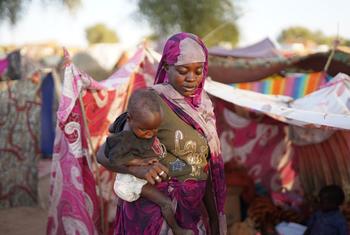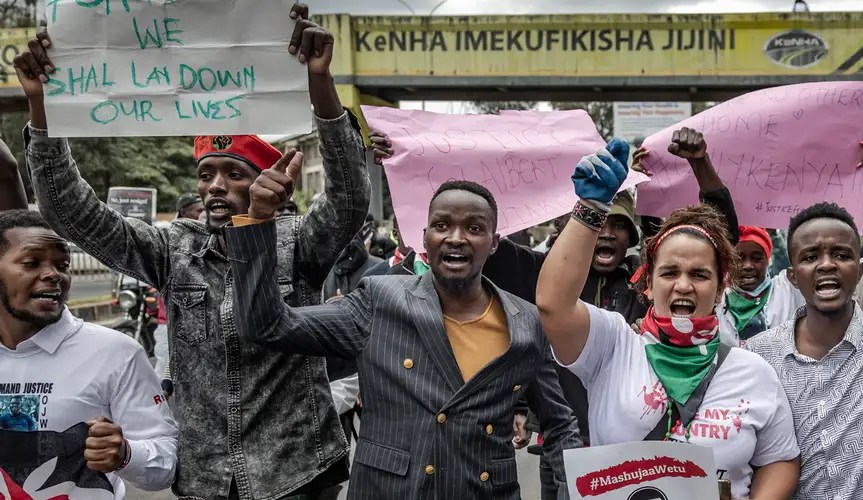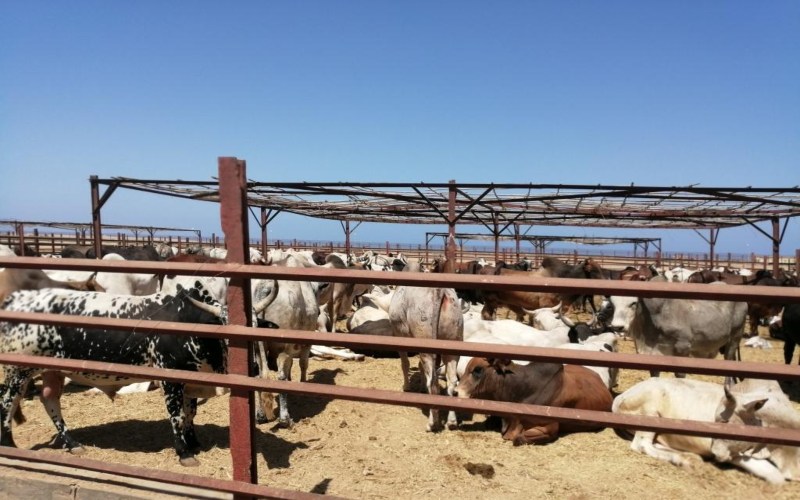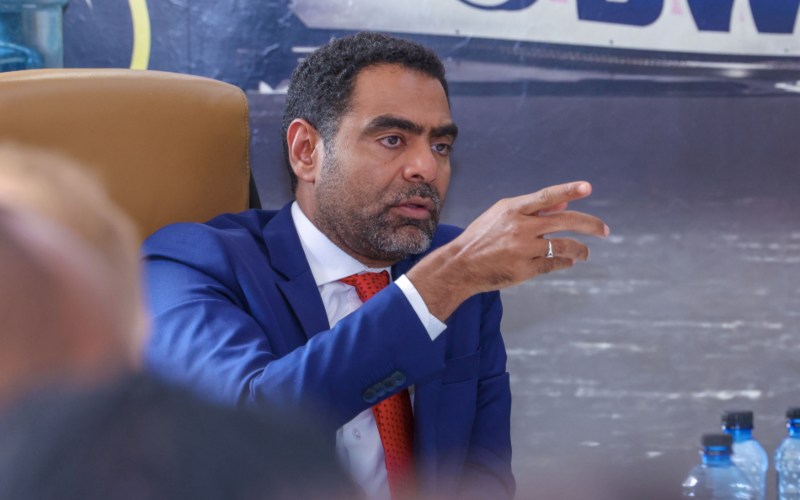Commission demands exhumation of Gaala Abdi to aid murder probe
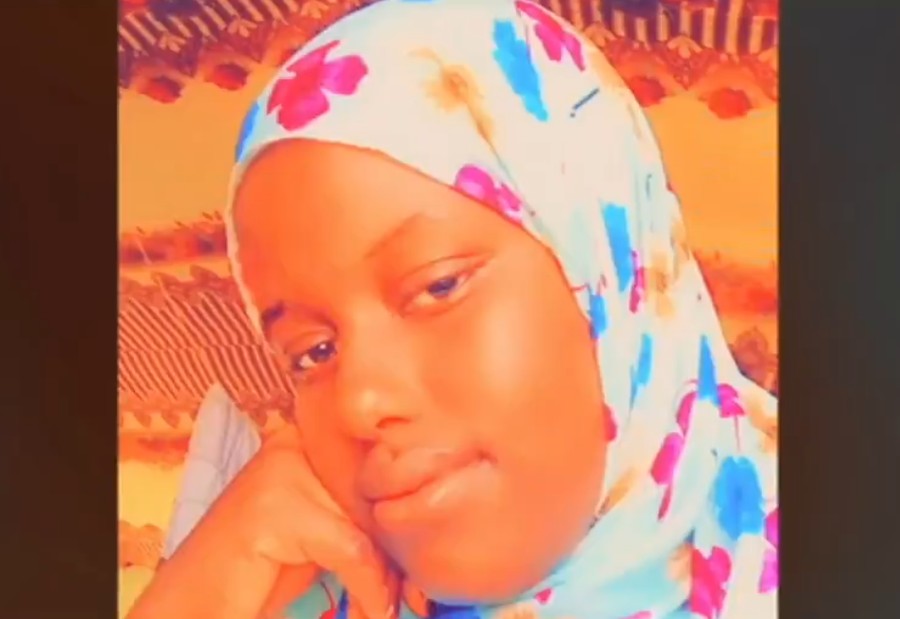
Gaala was killed a week ago after resisting a forced marriage to a 55-year-old man. Her body was then set ablaze to disguise the murder as a case of suicide.
The National Gender and Equality Commission (NGEC) has called for the exhumation of 17-year-old Gaala Aden Abdi’s body, arguing that investigations into her brutal murder cannot proceed effectively without conducting a postmortem.
Gaala was killed a week ago after resisting a forced marriage to a 55-year-old man. Her body was then set ablaze to disguise the murder as a case of suicide.
More To Read
- Senate flags surge in hate speech ahead of 2027 polls
- Deaf Kenyans still locked out of education, healthcare despite sign language recognition- NGEC
- Gender and Equality Commission launches study to improve girls' education in marginalised regions
- Equality Commission condemns Geoffrey Mosiria for 'exploiting vulnerable street child', calls for action
- Third suspect charged with murder of Gaala Adan, 17, killed after rejecting forced marriage in Wajir
- Governor Guyo criticised by gender commission over remarks targeting Senator Fatuma
NGEC Chairperson Rehema Jaldesa now argues that the burial was conducted hastily, compromising the integrity of the investigation and hindering efforts to gather crucial evidence.
“I went to Wajir, and the first thing I noticed was that the community, including the local chief, quickly shifted the narrative from murder to suicide, which was extremely unfortunate because there were so many community members who were present when the girl was beaten by three men—the husband and his two brothers. They hit her, according to the witness, and killed her,” Rehema said during a presentation to the Gender-Based Violence (GBV) Technical Working Group.
“To cover up the crime, they set her body on fire and made small cuts on the husband’s hand and waist to create the illusion that she had attacked him. The narrative they pushed was that when she saw the man was bleeding, she set herself on fire.”
Rehema emphasised that a postmortem is essential for prosecuting the suspects.
“Without a postmortem, there is no evidence to prosecute. I am appealing to the Directorate of Criminal Investigations (DCI) to exhume the body so we can determine the cause of death,” she said.
She also raised concern over reports that the community was contemplating resolving the case through “Masala,” a traditional dispute resolution mechanism where monetary compensation is given to the victim’s family.
“Masala is allowed by law, but it is meant for social issues. It cannot apply in cases of murder or GBV,” she said.
Gaala had been transported at night from the Dagahley refugee camp, 150 kilometers away, to Wara, Ademasajida in Habaswein—a remote village— to meet her husband for the first time.
Her rejection, despite coercion from the man's relatives, led to her death. However, she reportedly made a distressing call, revealing plans for her death and naming those who orchestrated it.
“Her relatives received distress calls, including recordings of the girl being tortured. She even told her mother, ‘They are killing me, they are torturing me, this is what they are doing.’ Yet, no one came to her rescue, leaving her at the mercy of the perpetrators,” Rehema said.
The incident has triggered national outrage, with many Kenyans demanding justice and an end to the culture of silence around gender-based violence. Rehema highlighted the deep-rooted cultural issues that continue to undermine such efforts.
“Some community elders and the husband’s relatives sought her hand in marriage. The girl was unaware of the discussions, and she was treated like a commodity. They didn’t even disclose that the man was 55 years old,” she said.
Three suspects have since been arrested in connection with the murder, but the GBV taskforce Chairperson, Nancy Baraza, insists that further investigations are needed.
“That body was quickly buried without a post-mortem. And so that may confuse things when it comes to evidence. But we want to urge the IG and his office to quickly readjust so that a message goes to the police at all levels that matters of GBV and femicide must be responded to in the fastest and most sensitive manner possible,” Baraza said.
Baraza also decried the lax attitude of some police officers when handling GBV cases.
“The reports we are getting so far are that the attitude from some of the police, some police do a good job, but some don’t think that is an issue that warrants their attention,” she said.
“So we are urging the IG to communicate to his team at their lowest level that reports on matters of GBV and femicide must be treated with the seriousness that they deserve.”
She warned that cases of femicide and GBV were on the rise, with young women and girls between the ages of 15 and 35 being the most affected.
“There was another unfortunate case of a girl in Multimedia University, whose body was found in a water tank. You just walk with a body and put it in a tank. And you know that is how callous we are treating the lives of young women, girls and women. It’s like the human value of girls and women is gone. We saw another one who walked with body parts with blood dripping,” Baraza said.
Baraza also revealed that the taskforce is seeking a one-month extension of its term, which is scheduled to expire on April 9.
“We have received a lot of memoranda from the public. We have also done a lot of desk review of the many documents that have come from the government, from the NGO sector, from other participants,” she said.
“What remains now is just to go to the counties, which is a constitutional mandate. And therefore we are hoping that we will put in our progress report to the appointing authority to justify a request for probably one month because we can’t leave out those Kenyans.”
Baraza added that the submissions received so far have been overwhelming.
“There is a lot of work which has gone on around the area of GBV, including femicide. We have been doing international comparative studies with countries that are dealing with femicide and GBV,” she added.
Top Stories Today





